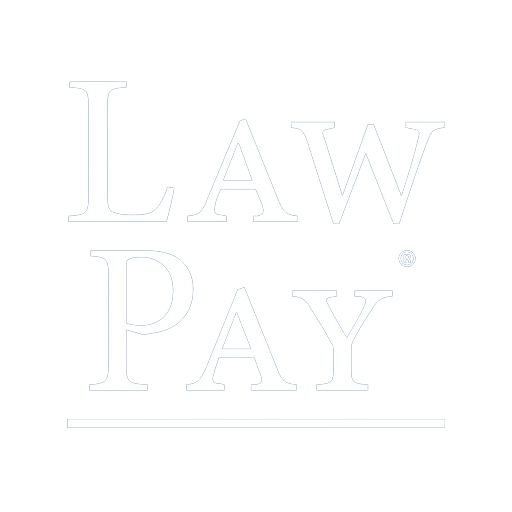Congratulations!
Your Session is Confirmed
You’ve already done the hardest part by starting the process of protecting your family and your legacy.
Your Life & Legacy Planning Session has been scheduled.
You will receive an email within 24 hours that includes your homework link and next steps.
Be sure to complete your homework before your session so we can make the most of our time together.
We are ready to help you build your legacy!
Check Your Email
You will receive an important email from our office within the next 24 hours. This email will contain your secure homework link and other essential next steps.
Complete Your Homework
Please be sure to complete your homework before your scheduled session. This step allows us to make the most of our time together, focusing on your goals, questions, and designing a plan that reflects your wishes.
We look forward to meeting with you and helping you create a plan that protects everyone you love and everything you have.
Call Us At
(321) 844-8694 For Any Questions!









